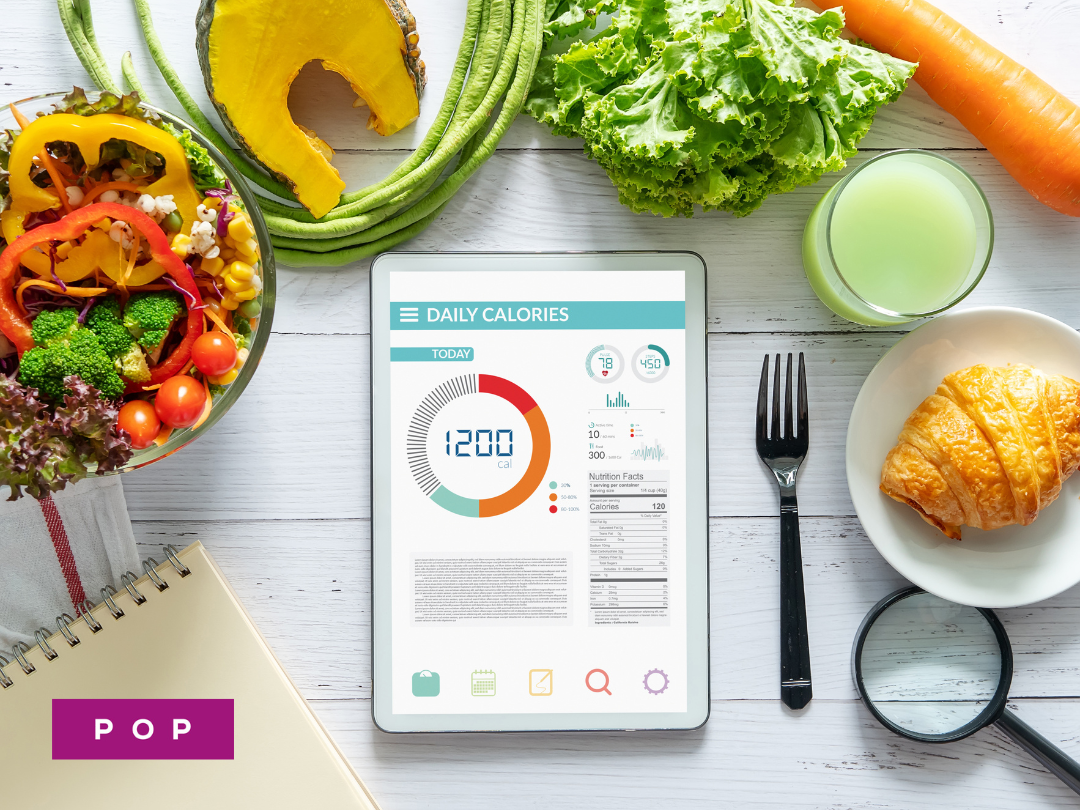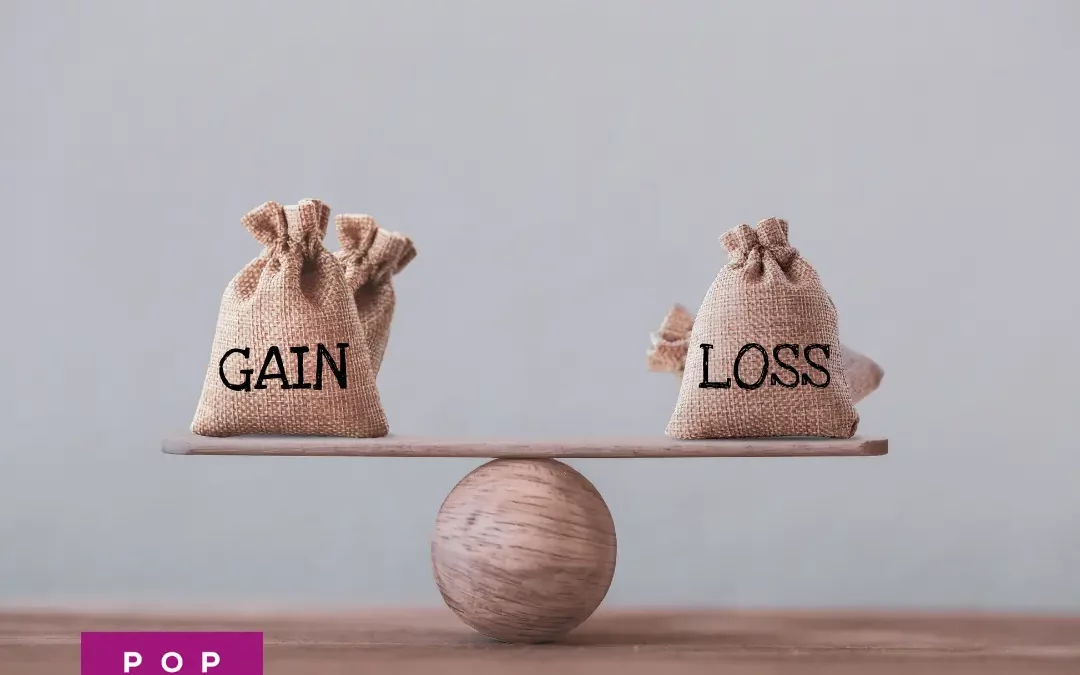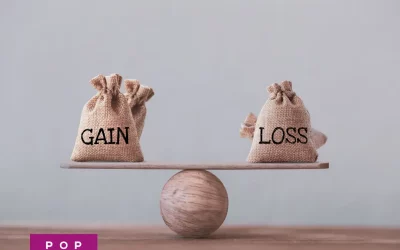I’m going to write you the perfect macro prescription.
This will be far more effective than any calculator or random number that you’re currently trying to follow.
If you execute and stay consistent … you’ll make progress.
Pretty simple.
And all I ask for in return is … nothing.
I’m doing this to help you avoid any confusion or frustration with all the nonsense that’s out there.
Why you shouldn’t use online macro calculators
First, let me quickly explain why online calculators are wildly inaccurate.
Simply put … they’re not designed for any individual.
They’re generic and vague.
They only assess age, weight, height, gender, and activity level.
Which is not helpful at all because those are only layer 1 variables.
Layer 2 variables are things like current stressors, metabolic state, diet history, personality type, personal preferences, training age, and hormonal profile.
Using only layer 1 variables is like trying to hit a bullseye with a blindfold on.
Maybe you can get lucky. But it’s unlikely.
Ok, let’s jump into the macro prescription that will work best for you.
If you’re new to macros, take a listen to this podcast to see if you should be tracking macros or not. (LISTEN HERE or search Mind Over Macros on any podcast platform.)
We’re going to attack this one macronutrient at a time.
The perfect macro prescription
PROTEIN –
Why it’s important – because without it we literally can’t live. It’s the most satiating macro and plays an important role in building/maintaining muscle, supporting your joints/bones/tissue, and hormone health.
It also burns the most calories through the digestive process.
FAT –
Why it’s important – because without it we literally can’t live. It’s the precursor for a plethora of hormones in the body and also provides fuel for low intensity activity.
CARBOHYDRATE –
Why it’s important – we can live without it but should we really? You know what else is non-essential … showering, brushing your teeth, going to the gym … all things you can live without but probably shouldn’t.
Carbs are the preferred fuel source of the brain and body. They’re important for thyroid function, blood sugar regulation, and cortisol management. They also help with sleep and stress. Carbs are especially important during perimenopause.
How much of each macro do YOU need?
Well, let’s start with calories.
The objective of our starting point is to simply get some data coming in.
We’re going to get as close as we can to the bullseye and then we’re going to adjust based on what your body tells us.
I’m going to make an assumption that you don’t know what your true maintenance calories are.
Even if you think you do … you probably don’t.
Your current maintenance is not your true maintenance.
The way you determine true maintenance is by starting with a calorie amount and then gradually increasing that calorie amount as long as your weight is remaining stable on average each week.
Keep in mind I said on average. The scale will go up and down on a daily basis. If we take the average week over week … that’s what we’re looking for.
In addition, we also want to monitor measurements, pictures, and how your clothes fit.
And just as important, we want to monitor biofeedback markers like hunger, cravings, energy, sleep, stress, digestion, mood, sex drive, recovery, performance, etc.
How to find your true maintenance
As long as your week over week weight is pretty stable (within a tight range of 1-3 lbs), you increase calories.
Once your weight creeps up (based on weekly averages), you drop back to your previous calorie total and see if things stabilize from there. If they do, that’s your true maintenance.
Now, there are instances where you may be able to increase again but that’s a conversation for another day. And also why I recommend you do this process with a coach and not on your own.
A coach will be able to help you find your true maintenance way more efficiently than you’ll be able to on your own.
Anyway, let’s look at our starting point for calories.
To begin, we’re going to use a bodyweight multiplier because it’s the simplest way to get started.
Take your current body weight and multiply it by 15.
For example, if you’re 200 lbs, you’d take 200 x 15 = 3,000. Therefore, 3,000 calories per day is your starting point.
If you’re insanely active, you can go up to 18 on the multiplier (200 x 18 = 3,600).
If you’re not active at all, you can go down to 12 on the multiplier (200 x 12 = 2,400).
And if you have more than 40 lbs to lose, you can use your target weight.
For example, you weigh 240 lbs and want to get down to 190. Use 190 x 15 as your starting point.
Keep in mind, this is just to get some data rolling in.
The perfect macro prescription includes calories, protein, carbs, and fats.
Next we calculate protein.
Keep it simple and start with 1g per 1lb of body weight. If you weight 150 lbs, you’ll target 150g of protein.
You may need to gradually build your way up to that number if you’re eating low protein at the moment.
If you weigh 200 lbs or more, use your target body weight to calculate protein. For example, you weigh 250 lbs but want to weigh 200. Use 200g of protein as your target.
Protein has 4 calories per gram so if your starting point is 150g of protein, that equals 600 calories (150 x 4).
Next, let’s tackle carbs.
Begin with 20% of total calories. Add 5% for each of the following …
– You train consistently (strength training or long endurance)
– You tend to have high anxiety
– You are a type 3 neurotype
– You typically prefer to eat carbs over fats
– You are perimenopausal
– You have trouble sleeping or live a high stress lifestyle
If you check all of those boxes, you’ll be up to 50% of calories from carbs. And the range is anywhere from 20% – 50%.
Let’s say your daily calorie total is 3,000. And you only check 2 of the boxes above.
You’ll calculate 30% of your calories from carbs. So take 3,000 x .3 = 900. That’s 900 calories from carbs. Carbs have 4 calories per gram so divide that number by 4 to get your target.
900 / 4 = 225g of carbs per day.
Finally, we’ve got fats.
Whatever is leftover is your fat allotment. Let’s assume you’re at 3,000 calories per day and your protein target is 200g.
So we’ve got 200g of protein, and 225g of carbs. Remember, both protein and carbs are 4 calories per gram. So take 200 + 225 (425) and then multiply that by 4 (425 x 4 = 1700). 1700 calories out of the 3,000 calories are from protein and carbs.
The remaining balance will be your fat calories (3,000 – 1700 = 1,300). So you’ll have 1,300 calories from fat. Fat has 9 calories per gram so divide that by 9 to get your target.
1300 / 9 = 144g of fat.
For this individual, we’ve got 200g of protein, 225g of carbs, and 144g of fat to equal 3,000 calories per day.
Use this macro prescription as a starting point.
As a reminder, this is just a starting point. And is dependent on the variables above, so you may be higher carb, lower fat depending on how you answered those filter questions.
Also, if you have a history of extreme dieting and/or your metabolism is in a shitty place …
We’ll need to start lower and build up.
For example, let’s say your calculated calorie total is 2,500 per day but you’re currently only eating 1,500.
In that case, we’d want to start around 1700 – 1800 calories per day and give your body time to acclimate. Then, we’d slowly build over time to your true maintenance.
Once you’ve established true maintenance and have noticed biofeedback improvements like more energy, better recovery and sleep, less hunger, better mood, increased sex drive, improved digestion, less stress, etc. …
Then we can pursue fat loss with confidence.
At that point, just take 10-20% off of your true maintenance for a targeted fat loss cycle. Keep it short and sweet.
The issue is rarely ever the calories and macros. The issue is almost always the ability to prime your metabolism effectively.
Most people struggle with that since they’re constantly being told to just diet more, reduce calories more, try harder.
And that never works.
The real magic is in the adjustments.
Understanding what your body is communicating and how to adjust accordingly. Understanding how to break through plateaus and how to make this all fit your lifestyle. Learning how to improve your mindset and relationship with food. Understanding how to incorporate flexibility into your plan.
That’s what this process is all about.
It’s really not about a bunch of numbers.
I can write the perfect macro prescription for any individual. It would only take me about 10 minutes to ask a bunch of questions and give you the optimal macro prescription.
It won’t matter if we ignore what truly matters.
Being perfect with your macros is not what truly matters because it will run its course eventually. You will eventually hit a plateau, question everything, and/or want more freedom and flexibility.
That why coaching is an art and a science.
It’s about removing the mental toll that all of this is taking on you and offloading that energy.
You simply get to enjoy the process and enjoy the results while learning how to make this a lifestyle that you can follow forever. Not for 30 days. But for the rest of your life.
If it’s not something that is helping you to achieve your goals and maintain them forever … then it’s just noise. Just a distraction.
This is the main reason why our 1 on 1 clients are often so excited about the process within the first couple weeks of working with us. Because they no longer have the stress and frustration of spinning their wheels like they had been for so long.
It’s amazing how much better you feel when that giant weight is lifted off your shoulders (and then comes flying off your body as well).
Hope that makes sense. And hope this helps.







